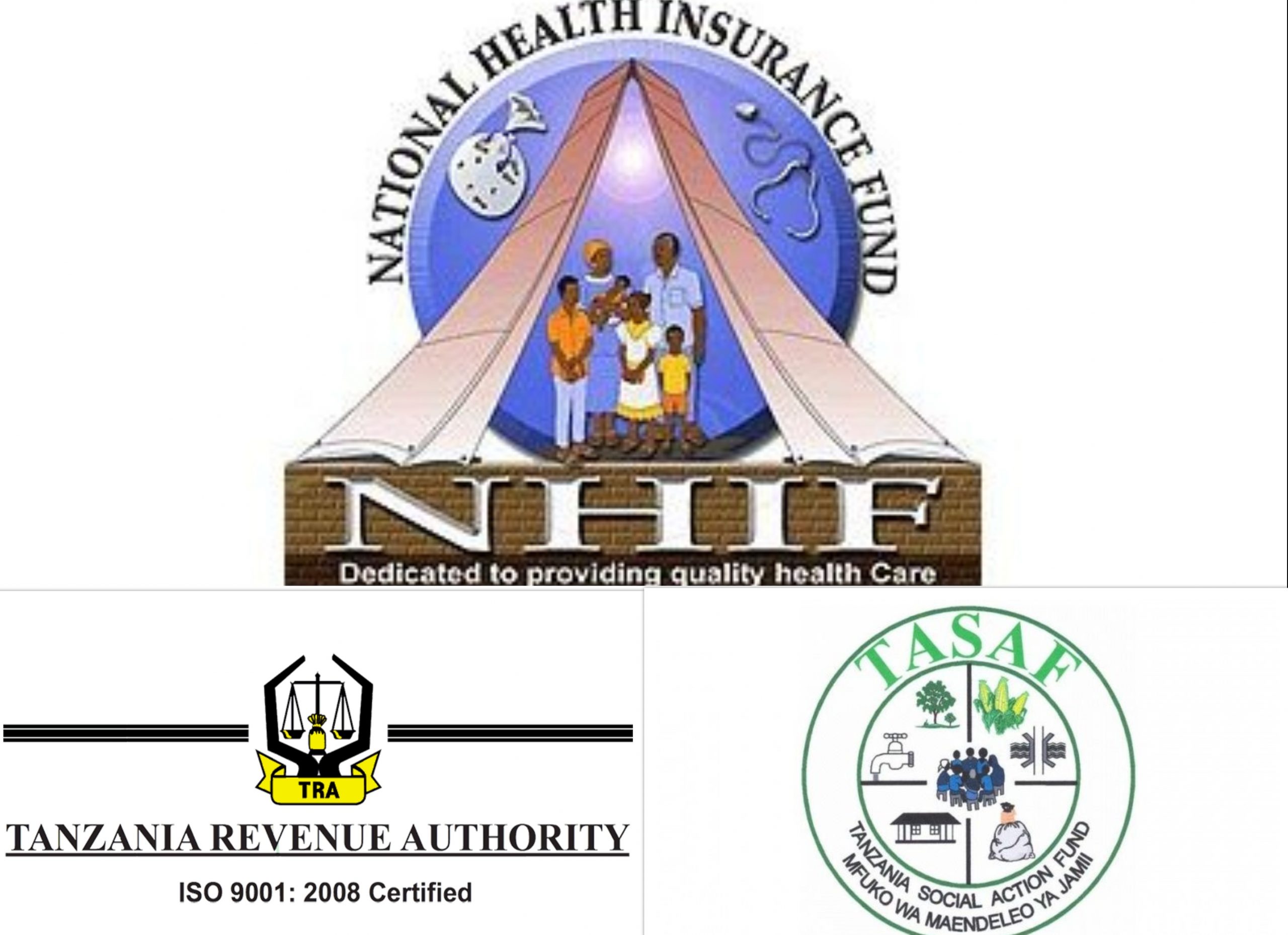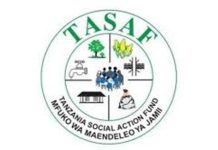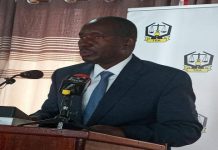AfricaPress-Tanzania: TANZANIANS on Friday woke up to the extremely shocking news of Third Phase President Benjamin William Mkapa’s death.
Mzee Mkapa, who led the nation from 1995 to 2005 was promoted to glory while attending treatment in Dar es Salaam.
The former Head of State, who was aged 81, will be remembered for his tireless efforts of facilitating many admirable political and socioeconomic changes in the country.
He will be fondly remembered for his passion for spearheading the provision of quality education, boosting revenues, fighting poverty from the grassroots and battling corruption as key components of his legacy.
In 1996, he pushed for the establishment of the Tanzania Revenue Authority (TRA), purposely to boost revenues.
The authority was established by Act of Parliament No. 11 of 1995, and became operational on 1st July 1996.
TRA is regulated by law, and is responsible for impartially administering various taxes of the Central Government. Since then, the government has charted various strategies for collecting taxes from different sources.
TRA currently collects up to 1trl/- monthly. In 2000, President Mkapa’s government formed the Tanzania Social Action Fund (TASAF).
It was one of the government’s initiatives on poverty reduction anchored to poverty reduction strategies developed over time.
Implementation of the programme started in 1999 with a pilot that covered eight poor districts on the Mainland. As of today, TASAF is one of the programmes that helps to reduce poverty among poor families across the country.
Along the same lines, his government established Mkurabita, an initiative that seeks to facilitate the transformation of real estate and business assets in the informal (extra legal) sector to formal entities held and operated within the formal market that is governed by law.
Plus, the Tanzania’s National Strategy for Growth and Reduction of Poverty (NSGRP), commonly known by its Kiswahili acronym MKUKUTA, was the result of the revision of the Poverty Reduction Strategy (PRS).
2005-2010 is its implementation timeframe. The programs was initiated during the third phase government and sailed through the fourth phase government.
On health services, it is during Mzee Mkapa’s leadership that the National Hospital Insurance Fund (NHIF) was established in 1996 as a department under the Ministry of Health.
NHIF was established by the Act of Parliament No. 8 of 1999 and began its operations in June 2001.
The scheme was initially intended to cover public servants but was later expanded to other sectors to allow private membership.
Today, NHIF guarantees better health services to millions of Tanzanians.
In fighting HIV/AIDS, in 1983 Tanzania recorded three first cases of HIV/AIDS, and a few years later, the country was among the hardest hit nations by the epidemic.
By 1999, a total 118,713 cases had been reported from health facilities in the country.
It was against that background that President Mkapa in his New Year Message on December 31, 1999, called the epidemic “an extraordinary crisis that requires extra-ordinary measures to tackle- it”.
On December 1, 2000, President Mkapa announced the establishment of the Tanzania Commission for Aids (TACAIDS).
The other step taken to establish TACAIDS was by the enactment of a law establishing the Tanzania Commission for AIDS, Act No. 22 of 2001 by the Parliament.
The steps were taken so as to ensure that the government had an institution that was legally mandated to provide strategic leadership and to coordinate and strengthen efforts of all stakeholders involved in the fight against HIV/AIDS.
On corruption, President Mkapa did everything in his capacity to address the vice. Through his speeches, he condemned corruption practices and all corrupt officials.
Tanzania’s first anti-corruption agency dates back to 1974 when Act No. 2 mandated the establishment of an Anti- Corruption Squad.
In 1991, the squad was restructured; The name changed to the Prevention of Corruption Bureau (PCB), and the organisation was placed de jure under the President.
In July 2007, the Prevention of Corruption Act (PCA) was abolished and replaced by the current Prevention and Combating of Corruption Act (PCCA) which renamed the PCB the “Prevention and Combating of Corruption Bureau” (PCCB).
The PCCB is an independent body under Section 5 of the PCCA. The mandate of the PCCB applies only to mainland Tanzania.
On education, President Mkapa played a big role of ensuring provision of quality education from kindergarten to university level.







